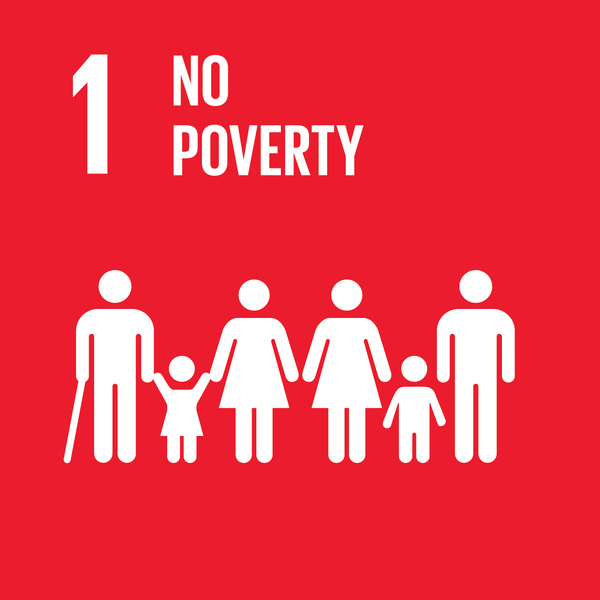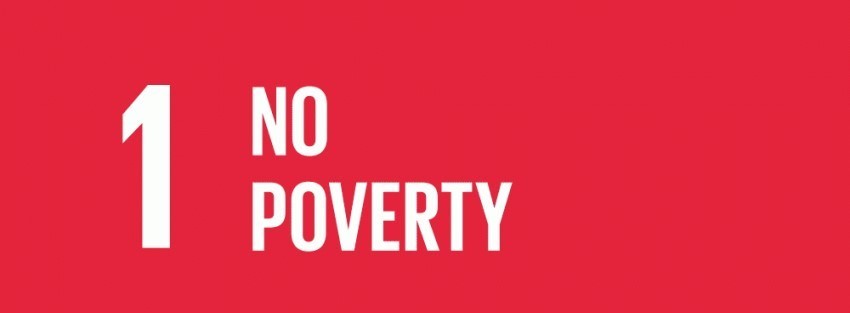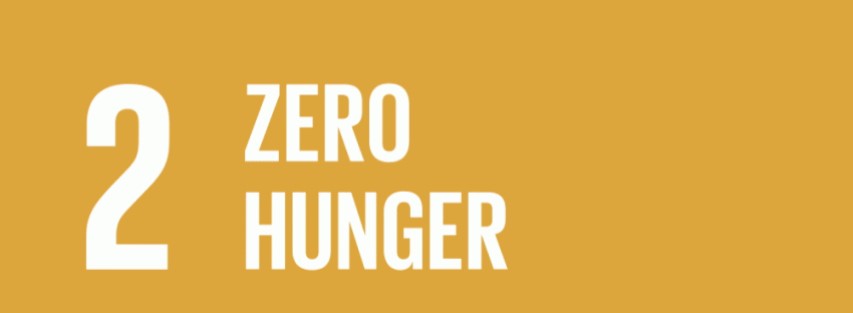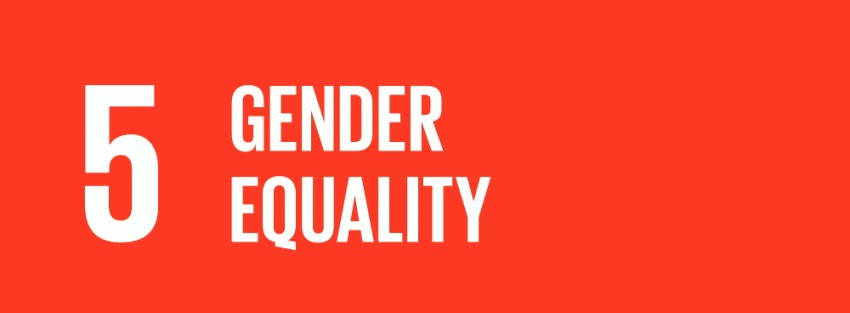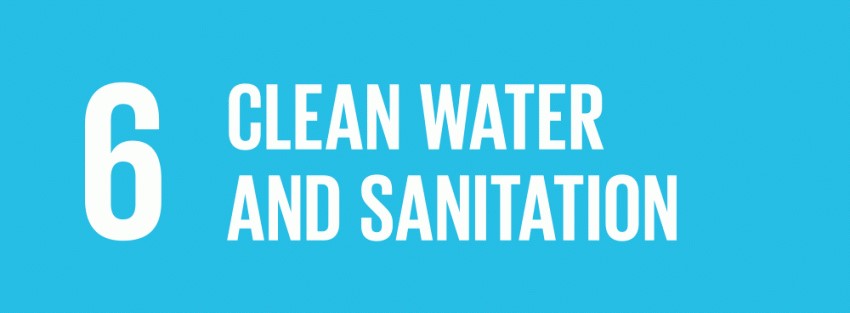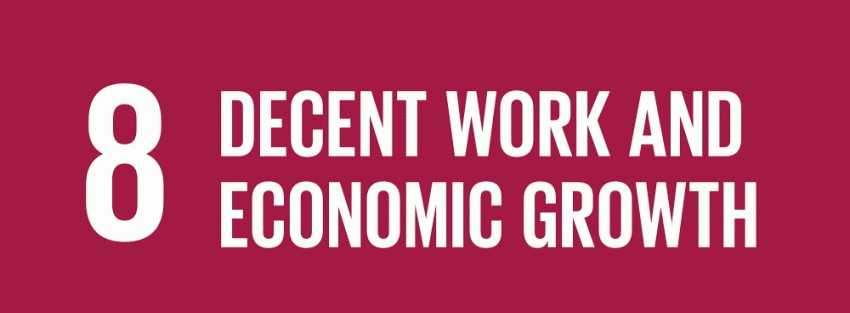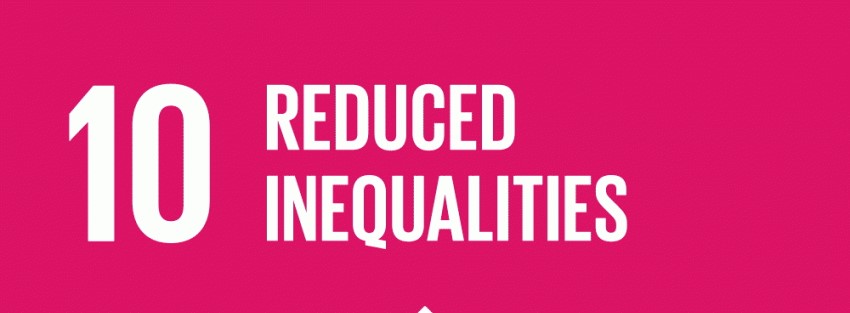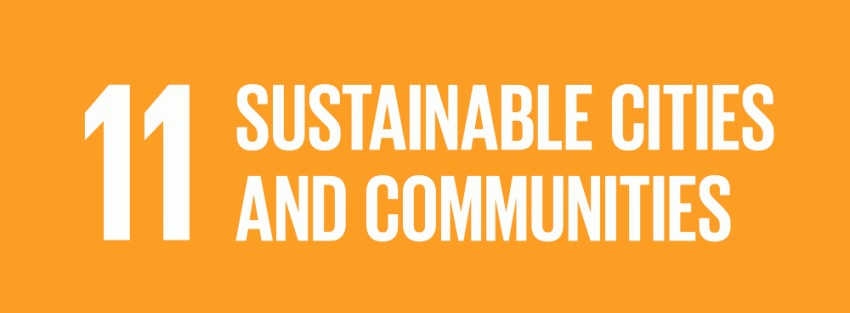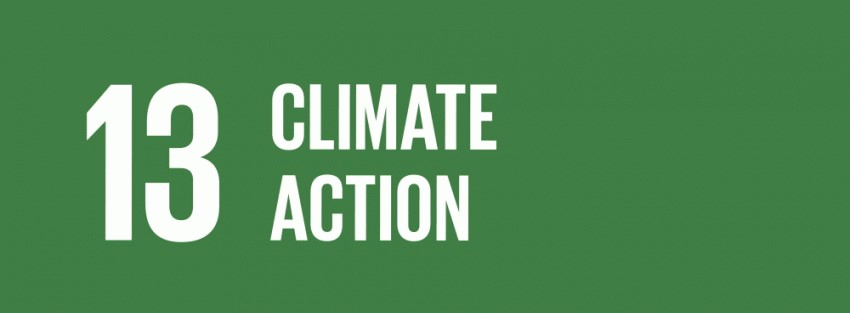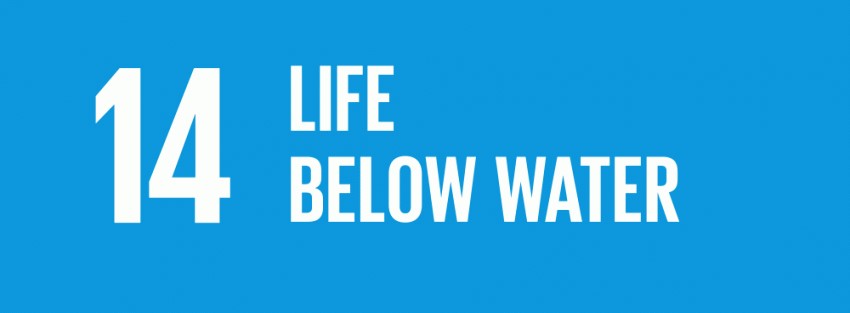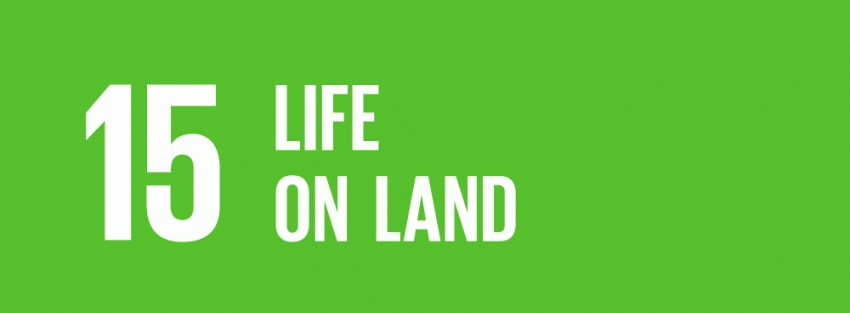Environmental Impact
Campus Building Footprint
Abu Dhabi University (ADU) evaluates its carbon emissions following the Greenhouse Gas Protocol approach. Its objective is to attain a continuous reduction in direct emissions (Scope 1) and indirect emissions from purchased electricity (Scope 2), achieved through energy efficiency measures, renewable energy sources, and sustainable transportation initiatives, despite population growth.
Campus Building Footprint
Introduction
This report aims to present a detailed analysis of the carbon emissions generated by Abu Dhabi University (ADU) during the period from January 1, 2022, to December 31, 2022. The evaluation of these emissions is crucial to understand the environmental impact of the university's activities and operations and to establish mitigation and sustainability strategies.
ADU's commitment to sustainability and environmental responsibility has led to the preparation of this carbon emissions report, which will serve as a starting point for taking effective actions to reduce our carbon footprint and promote a more sustainable approach in all areas of the university.
Methodology
To calculate carbon emissions, we followed the Greenhouse Gas Protocol (GHG Protocol) approach in scopes 1 and 2. Scope 1 emissions include those generated directly by the university, such as from the combustion of fossil fuels in ADU's power generators and university-owned vehicles. On the other hand, scope 2 emissions correspond to those generated indirectly from the purchased electricity obtained from external providers.
Data on energy consumption, fuel usage, and transportation were collected to obtain a comprehensive overview of the carbon emissions associated with ADU's operations during the reporting period.
Scope 1
Direct emissions from sources controlled by ADU Emissions from fossil fuels used in power generators and vehicles owned by ADU.
Scope 2
Indirect emissions from purchased electricity generation Emissions associated with the production of electricity purchased by ADU from external suppliers.
Result
Scope | 2021 | 2022 |
|---|---|---|
| Scope 1 | 9.774,65 | 8.824,65 |
| Scope 2 | 15.288,55 | 15.025,75 |
| Total | 25.063,20 | 23.850,40 |
| Population | 4.248 | 4.259 |
| Net emissions per population | 5,9 | 5,6 |
In scope 1, which includes direct emissions generated by the university, a notable reduction in emissions has been observed. This reduction has been achieved through measures such as upgrading power generators and promoting low-emission vehicles, resulting in a significant decrease in fossil fuel consumption and, consequently, emissions.
Likewise, in scope 2, which encompasses indirect emissions from purchased electricity, a substantial reduction has been achieved. ADU has made efforts to procure electricity from suppliers utilizing cleaner energy sources, such as renewable energy, leading to a significant reduction in carbon emissions associated with electricity used on campus.
Another important indicator of our footprint improvement is Net Emissions per Population. During the reporting period, a reduction of 0.3 has been observed in this indicator. This means that despite the growth in ADU's student and staff population, we have managed to reduce the net carbon emissions per individual in the university community. This reduction reflects the commitment and efforts of the entire university community in adopting more sustainable practices and reducing our carbon footprint.
Actions
Based on the results of the analysis, Abu Dhabi University commits to implementing a series of actions and strategies to reduce its carbon emissions and move towards a more sustainable and environmentally-responsible university.
Energy Efficiency: ADU will seek to improve energy efficiency in its buildings and systems by implementing more efficient technologies and promoting energy-saving practices.
Renewable Energy: ADU will explore the adoption of renewable energy sources such as solar and wind power to reduce reliance on fossil fuels and decrease carbon emissions.
Sustainable Transportation: Promotion of sustainable transportation means, such as electric bikes and zero-emission vehicles, will be encouraged on campus to reduce emissions associated with transportation.
Conclusion
Abu Dhabi University's carbon emissions report highlights the institution's commitment to sustainability and environmental stewardship. By understanding the environmental impact of our operations, we are better equipped to take concrete and strategic measures to reduce our carbon footprint.
Through the implementation of sustainable actions and the promotion of a culture of environmental responsibility, ADU aims to become a leading example of sustainability in the region. We will continue working hand in hand with students, faculty, staff, and other stakeholders to achieve a more sustainable university and contribute to the well-being of the planet for future generations. Our commitment is clear: building a greener and more resilient future for all.
Sustainable Development Goals (SDGs)
Abu Dhabi University is committed to becoming the best institution of its kind in the region. We are a private, multi-campus university committed to meeting the education, skills and knowledge needs in the United Arab Emirates and neighbouring countries through qualifications and standards that are respected across the world.
01
No Poverty
Sustained economic growth cannot be achieved without social inclusion as the whole of society has a role to play in the development of a country. Federal Law No. 13 of 1972 and its amendments by the law (No.2) in 2001 was issued by the Ministry of Community Development.
Introduction
Sustained economic growth cannot be achieved without social inclusion as the whole of society has a role to play in the development of a country. Federal Law No. 13 of 1972 and its amendments by the law (No.2) in 2001 was issued by the Ministry of Community Development.
(MOCD) as the first law to provide social benefits to members of the community to ensure and sustain the high quality of living for all UAE citizens. The Ministry continues to work today on enhancing social inclusion for all members of society where social benefits are extended to cover twenty-one segments of the community.
The UAE government has a future vision to change the culture of social support from the current ‘social welfare’ model to ‘sustainable social development’ that encourages independence and growth of families across the UAE.
ADU is determined to overcome all challenges that ADU and our students might face as a result of the poverty. We continue to be dedicated to empowering and inspiring outstanding students to pursue their goals. Our scholarships and financial aid programs are available to all students who want to fund their academic programmes. We consider it our duty to provide equal opportunities to students interested in pursuing higher education, enabling them to contribute to society regardless of their financial situation.
In additional to financial aid, ADU scholarships are being provided to outstanding students, through seven main categories, including the Sheikh Hamdan Bin Zayed Scholarship, the President’s Scholarship, the University Scholarship, the Academic Scholarship, the Athletic Scholarship, the Alumni Scholarship, and the Family Tuition Waiver.
We take pride in attracting the brightest students in the UAE and offer them generous support, to excel in their studies. Our Scholarship and Financial Aid programmes are part of ADU’s corporate social responsibility and are influenced by the UAE’s great leadership. ADU is constantly finding pioneering and innovative ways to support and facilitate the needs of our students to help them achieve their academic degree.
Emirates Red Crescent and ADU Launch a Humanitarian Funding Campaign
Emirates Red Crescent and Abu Dhabi University recently launched the Education Support Campaign in coordination with Abu Dhabi Cooperative Society and Lulu Group International. Through this collaboration, ADU and Emirates Red Crescent will support disadvantaged students in their university studies, providing them with an opportunity for a successful educational journey. The campaign aims to raise 10 million dirhams, and students will benefit from these funds starting 24 November 2021 and for one year. (This activity is licensed by the Department of Community Development – Abu Dhabi, permit number 022).
Abu Dhabi Cooperative Society and Lulu Group International will aid the campaign by facilitating donations through their different points of sale. Community members will show their solidarity by donating valuable aid to students, starting at two dirhams.
Public donations will be accepted via text message through Etisalat and Du. Bank donations can be sent to Sharjah Islamic Bank - account number (11445518006), IBAN (AE350410000011445518006). Individuals can also donate through the link provided on the Emirates Red Crescent website (https://www.emiratesrc.ae/eduadu), with the donations ranging from ten dirhams to 1,000 dirhams.
H.E. Salem Al Rayes Al Ameri, Deputy Secretary-General for Local Affairs at Emirates Red Crescent, said, "Sponsoring students is one of the permanent and continuous programs within the initiatives of the Humanitarian and Development Authority. We continue to witness a high rate of response and generosity from sponsors and benefactors. These donations are considered a true embodiment and reflection of the authority's efforts to invest in empowering individuals and guiding them towards achieving their aspirations and fulfilling their dreams."
Al Ameri added, "The Authority acknowledges the important role it plays in preparing future generations for the responsibilities of tomorrow."
Al Ameri praised the existing cooperation between the Emirates Red Crescent and Abu Dhabi University, which seeks to support education and provide opportunities to disadvantaged students whose family circumstances prevent them from continuing their educational path. The cooperation embodies Abu Dhabi University's commitment to fulfilling its social responsibility, as well as its leading academic role in advancing science and education as the most important pillars of human development in the country. He also praised the role of the Abu Dhabi Cooperative Society and Lulu International Group in supporting the activities of the campaign.
Salem Mubarak Al Dhaheri, Executive Director of Community Relations at Abu Dhabi University, said, "Abu Dhabi University is proud of its strategic partnership with Emirates Red Crescent in launching the Education Support Campaign. The campaign aligns with Abu Dhabi University's mission to support students and allows us to share social responsibilities with the community. We are proud of the continuous cooperation and renewed partnership with Emirates Red Crescent in launching campaigns that carry a noble message and achieve a tangible and real impact on our society."
Al Dhaheri added, "Abu Dhabi University appreciates the role of the Abu Dhabi Cooperative Society, Lulu International Group, and all participating partners in supporting the campaign activities. Investing in our young people and building an educated generation capable of leading the continued development of our country is vital."
Abdul Majeed Al Khouri, the Executive Director of the Abu Dhabi Cooperative Society, commented, "Our participation in the Education Support Campaign confirms the depth of the decades-old relationship between the Abu Dhabi Cooperative Society and Emirates Red Crescent. With God's grace, it has gone beyond humanitarian work and now encompasses sustainability. We are proud of this pioneering partnership. The Abu Dhabi Cooperative Society has always sought to serve the community of the UAE and we continuously contribute to helping and supporting various sectors in Abu Dhabi and the other Emirates."
Al Khoori added, "The initiatives adopted by the Abu Dhabi Cooperative Society reflect our passion towards aiding societal struggles related to education. Abu Dhabi Cooperative Society has initiated partnerships with ministries and governmental institutions, such as the Ministry of Social Affairs and the Emirates Red Crescent, to create opportunities for those who dream of pursuing their educational journey. In the last few years, we doubled our efforts and developed initiatives that will allow us to serve our country and consolidate the concept of social responsibility. We are proud to be part of an institution that provides its students with an environment that values charitable work and social development while simultaneously providing high-quality education and academic qualifications that are respected worldwide."
Mr. Aboobakker TP, Director of LuLu Hypermarkets Abu Dhabi and Al Dhafra region, said, "This initiative embodies the belief and commitment of LuLu Group in the bright future of the UAE and the power of the Emirati youth to shape it."
"Education is one of the strongest building blocks for a nation's future, and LuLu Group is honored to share in raising valuable funding for needy students," he continued. "It empowers Emirati youth to contribute to their best potential and lead the future of the country. It is particularly timely that this campaign comes on the eve of the 50th anniversary of the UAE's nationhood. We at LuLu Group International are proud of our identity as a 'homegrown' UAE brand and see this participation in the 'Let's Support Their Future' campaign as our humble contribution to the nation that gave us so much to build upon."
Sustainable Development Goals (SDGs)
Abu Dhabi University is committed to becoming the best institution of its kind in the region. We are a private, multi-campus university committed to meeting the education, skills and knowledge needs in the United Arab Emirates and neighbouring countries through qualifications and standards that are respected across the world.

